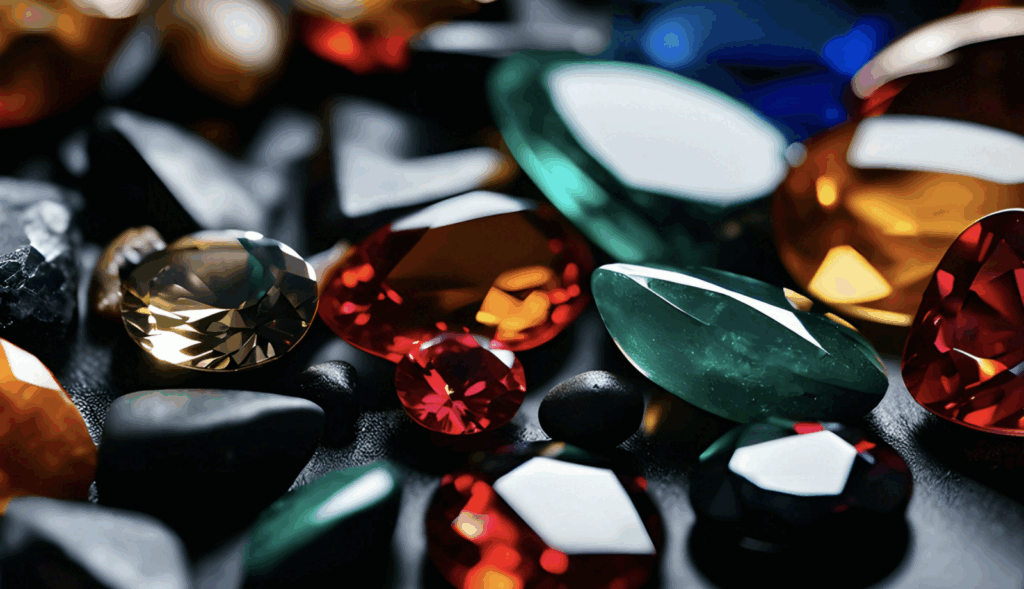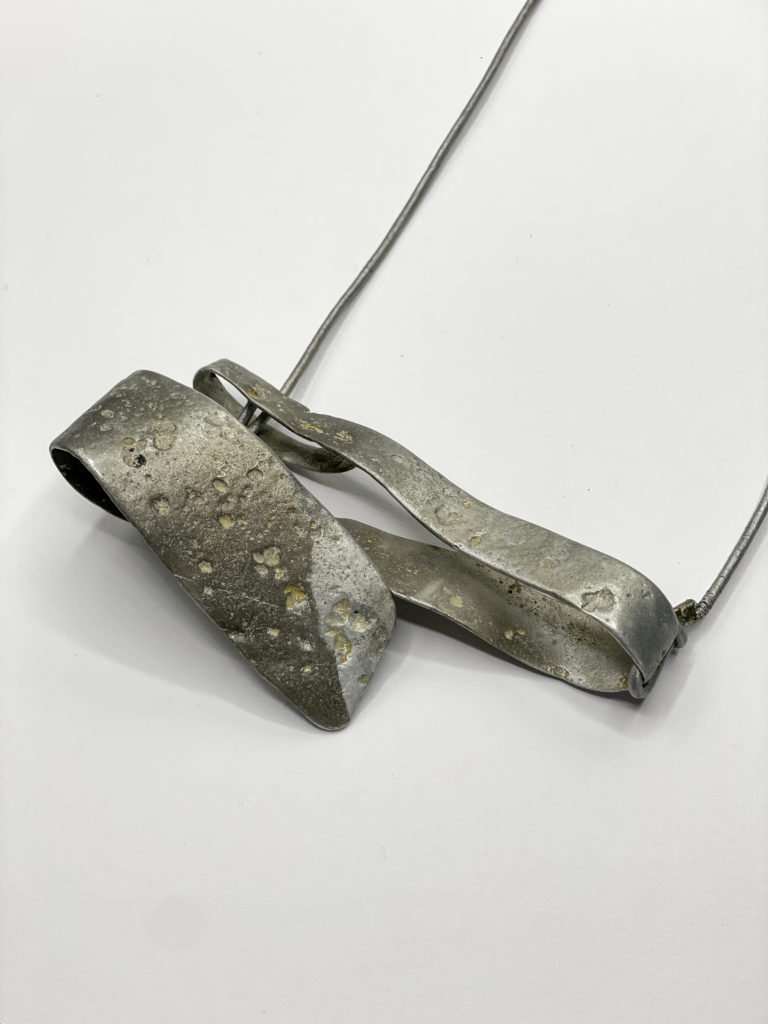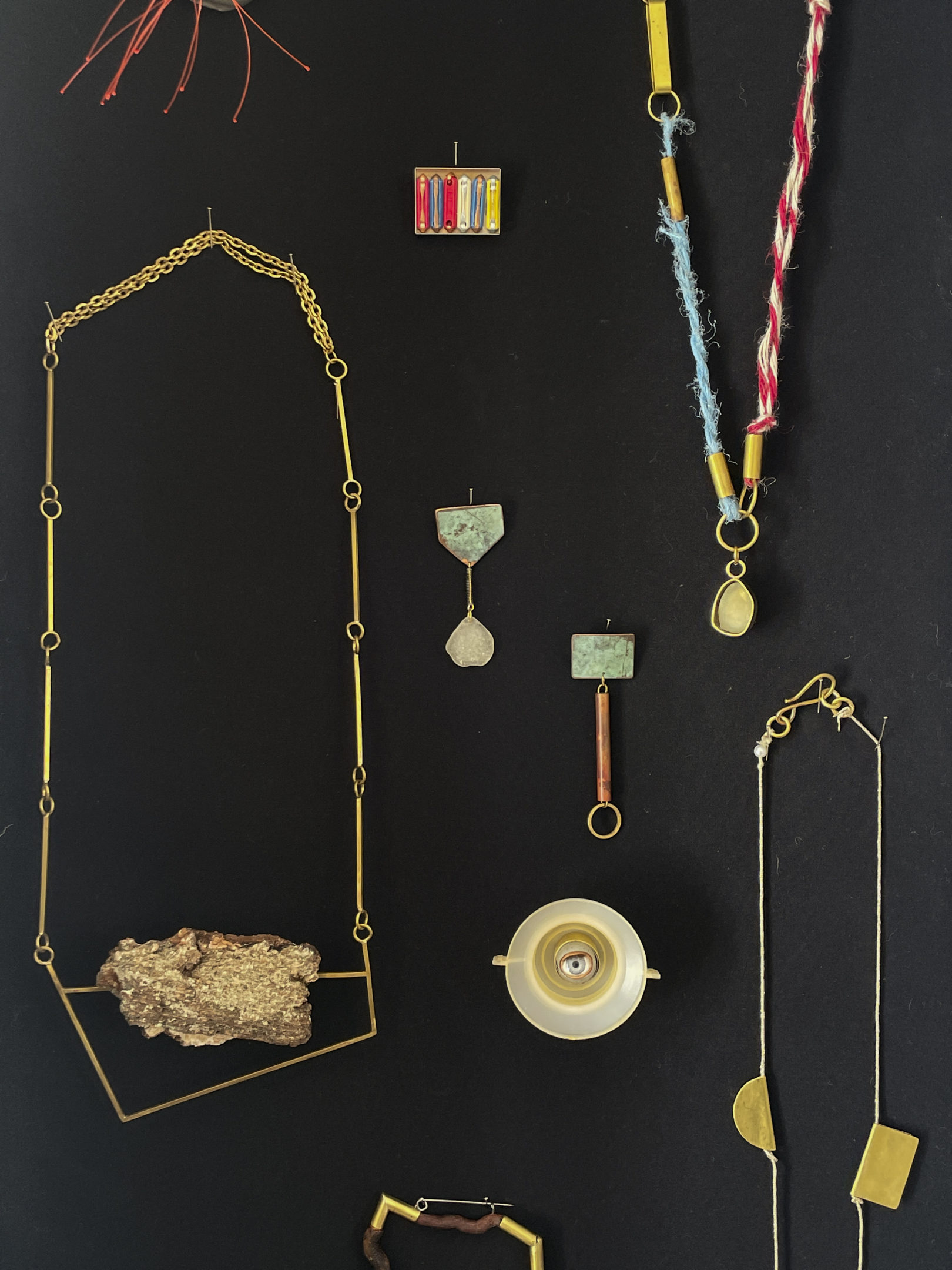What is precious and how do we define preciousness? The word precious is, historically, linked to idea of a “price”. And yet, its deeper etymological history is also linked to the concept of standing “forth” or moving “forward”. Preciousness therefore embodies the value of what is important to us at any given time. And the price we pay or are willing to pay changes accordingly. Preciousness is therefore not a static and rigid quality, and instead is totally dependent on society, time and cultural environment.

What questions should we ask ourselves?
So, in order to categorise what is precious today, the questions we need to ask are:
- What should stand at the forefront of our thinking when considering what is precious and valuable to us?
- What is the price we are willing to pay in a time of escalating environmental preoccupations?
As we approach the first question, traditionally most people would refer to is the value of materials. But as we approach the second question, the price associated with a material is no longer only a monetary one. And it presents its own set of new questions:
- How limited are the resources that make up that material, and should we continue to extract them?
- What immediate or permanent damage are we doing to the environment that we are extracting them from, and to the people that live there?
- Whose labour is harnessed in this already problematic process of extraction, and what human and environmental costs are hidden inside it?
And last but not least:
- How energy- and resource-consuming are the practices used not just to extract it, but also to process it, transport it, market it, package it, right down to selling it?

A different kind of contribution
When we buy or receive something typically defined as “precious”, we become often involuntary accomplices in all these costs. And it is indeed not always easy to navigate a market that is so often marred by “greenwashing” through products labelled as “eco-friendly” and “sustainably produced”.
“Consumption is a double tragedy: what begins in inadequacy will end in deprivation.”
– Marshall Sahlins (1968)
The good thing is that we can at least try and do our part. And the most energy- and resource-efficient way for us to contribute is not necessarily to frantically think one by one about the multitude of products we invariably consume, but to slowly yet radically re-think the one idea of what is valuable to us today.

